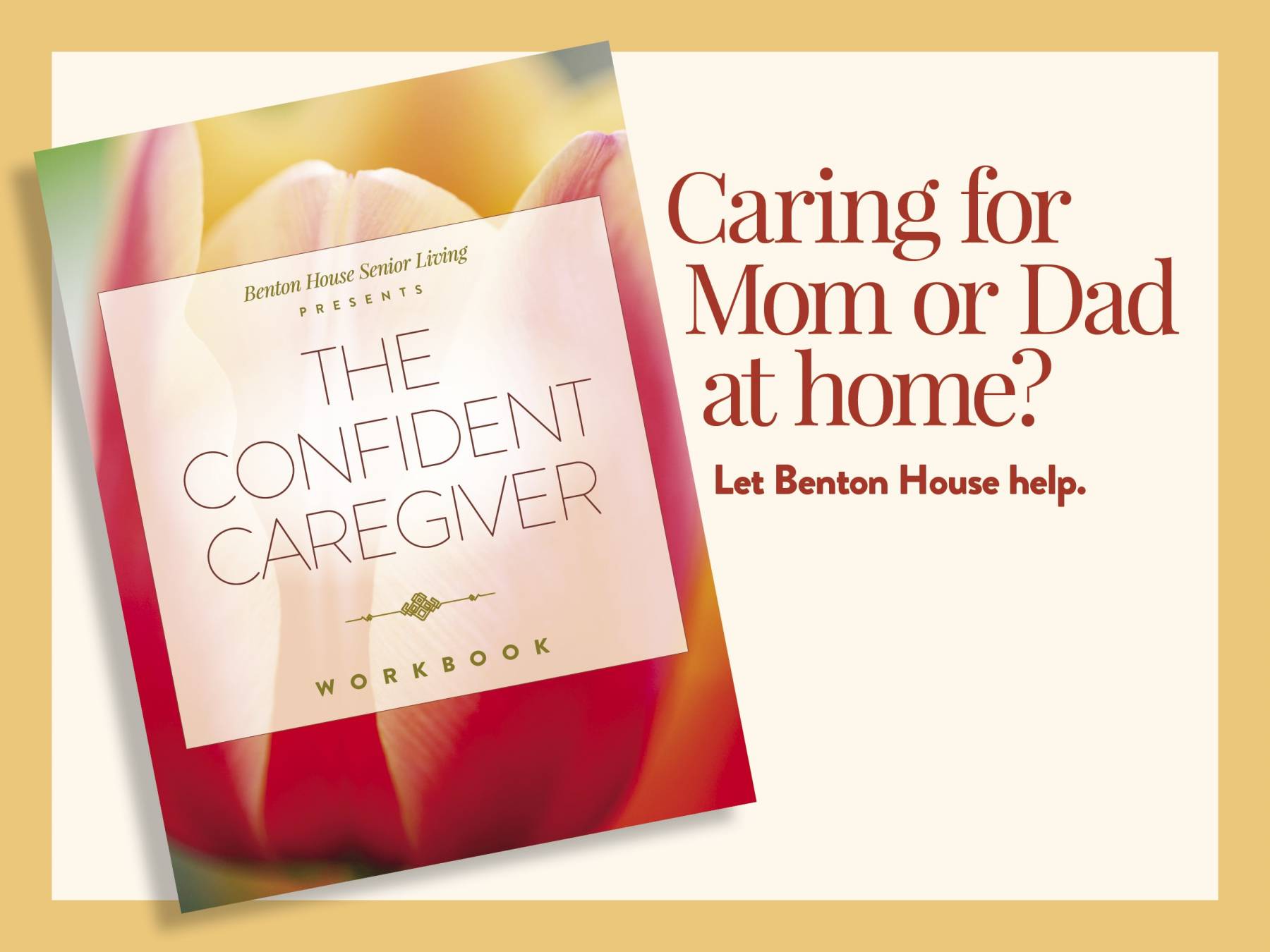Music is a universal language that connects people across generations. For senior citizens, however, it offers more than just enjoyment or relaxation—it can profoundly affect their memory and cognitive well-being. Research indicates that music has a unique ability to stimulate the brain, particularly areas related to memory and emotions. This makes music a powerful tool in enhancing the quality of life for seniors, especially those dealing with memory-related conditions.
How Music Engages the Brain
When we listen to music, different parts of our brain light up. The auditory cortex processes the sound, while areas responsible for memory, like the hippocampus, and emotional responses, like the amygdala, are activated simultaneously. Studies suggest that listening to familiar music can trigger the brain’s ability to recall autobiographical memories, even in individuals with cognitive decline. Research published in Frontiers in Psychology highlights that music with personal significance often triggers vivid recollections in seniors, even those with advanced dementia.
Music Therapy and Dementia
One of the most notable uses of music is in treating dementia and Alzheimer’s disease. While these conditions primarily affect short-term memory and cognitive abilities, music often taps into long-term memory, which is less impacted. The brain’s music-processing centers tend to remain functional longer, even as dementia progresses. According to the Alzheimer’s Foundation of America, music therapy can help patients recall memories, express themselves, and engage with their surroundings in ways that other therapies may not reach.
A well-known example of this is Henry, a man with Alzheimer’s, who regained some sense of self and joy through his favorite songs from the past. His transformation, documented in the film Alive Inside, demonstrates how music can unlock parts of the brain that seem otherwise inaccessible. Click here for more information about this film and programs created around it!
Music and Emotional Well-being
Aside from its impact on memory, music can significantly improve emotional well-being. Music has been shown to reduce anxiety, elevate mood, and even ease the symptoms of depression in older adults. The emotional memories triggered by music can offer comfort and a sense of connection, both to their past and to those around them.
A 2021 study in The Journal of Aging and Health found that music therapy not only helped dementia patients reconnect with lost memories but also lowered levels of agitation and stress. For seniors, this is particularly important, as conditions like Alzheimer’s can lead to emotional distress.
Social Connection Through Music
Music can also serve as a powerful social tool. Group activities, such as sing-alongs or music-listening sessions, create opportunities for seniors to connect with others. Shared experiences in musical settings often foster social bonds, providing emotional support and reducing feelings of isolation. Many care facilities now incorporate group music therapy, recognizing its potential to enhance social interaction among residents.
A report from Age UK found that seniors who regularly participated in music-related group activities experienced a sense of belonging and improved mental well-being. This is particularly beneficial for seniors who may feel disconnected from family or community.
Practical Ways to Use Music for Memory Enhancement
Incorporating music into the daily lives of seniors is both simple and rewarding. Here are a few practical tips to maximize the benefits:
- Personalized Playlists: Create a playlist of their favorite songs from the past. Music from their youth or significant life moments is more likely to evoke strong memories. There is a community centered around the film Alive Inside that has created an app for tailoring music to a specific loved-one – you can learn more on their website.
- Music-Based Activities: Encourage participation in singing, dancing, or playing simple instruments. Even gentle movement to music can help engage both body and mind.
- Routine Listening: Play calming music during meals, bath time, or before bed to reduce stress and anxiety. The rhythms and melodies can provide a sense of comfort and routine.
Conclusion
Music offers a unique bridge between the past and present, especially for senior citizens. Whether by triggering cherished memories, reducing stress, or fostering social connections, the power of music to heal and enhance cognitive function is undeniable. As science continues to explore the relationship between music and the brain, it’s clear that incorporating music into the lives of seniors can lead to lasting emotional and cognitive benefits.
mmm
Next Steps
You can always get compassionate, tailored support from us in one of these three easy ways — all completely free.
Visit our support page to request your complimentary Caregiver Workbook.
Call our Caregiver Hotline for free custom support at 855-461-2552. All questions welcome.
Send us a message describing how we can support you. Choose whether you’d like us to reach out: text, email, or snail mail.
There is no charge for these services. They’re simply an extension of our mission to help every family who calls.



